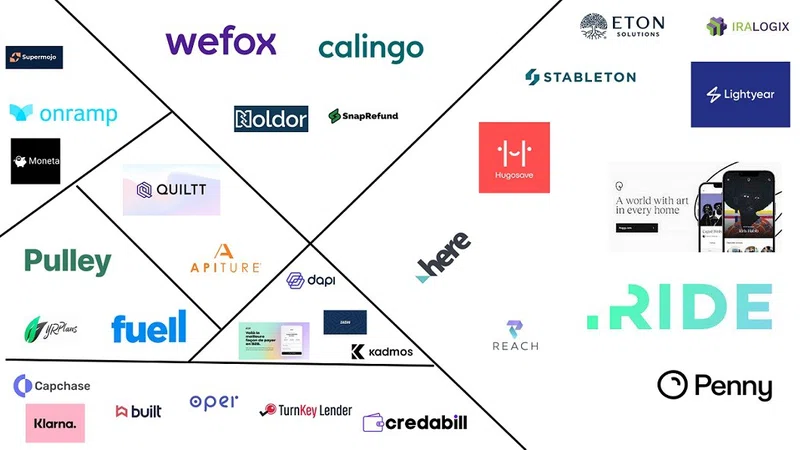With digital innovation developing at speed within the financial services industry it’s never been more important to follow the latest standards and protocols. One standard, however, which is creating all
sorts of challenges for IT teams to implement is ISO20022, especially where relevant skill sets are missing.
With the aim of harnessing data and sharing information between banks, merchants and fintechs, ISO20022 captures financial business areas, business transactions and linked message flows in a syntax-independent way, using a core dictionary of business terms used in financial communications. The standard has been implemented across 70 plus countries, yet implementation in parts of the developed world is yet to be completed - delayed in some regions by COVID-19. With so many essential elements in the global payments infrastructure working to different implementation timescales, it can be difficult for innovators to know when to make their move. For example, the UK Faster Payments Service is looking at 2023 adoption and SWIFT’s conversion is expected the following year.
Migration will create innovation and positive outcomes
While there is no set deadline for implementing ISO20022, financial institutions, whatever their scale, should start preparing to migrate now if this hasn’t already taken place. Delaying migration will allow
competitors to gain the upper hand as the standard improves end user experiences, improves compliance efficiencies and facilitates quicker and improved product iterations.
Financial institutions with long-established, or legacy, banking platforms are the most likely to face challenges converting to ISO20022, which has been developed for the cloud-based financial world.
Making an architecture-wide assessment of platform compatibility will seem onerous for those IT teams where inhouse capability is in any way behind. When this happens, it can feel like yet another expensive initiative that has the potential to experience hold ups or hijack business as usual.
This said there are options that help to simplify and automate the process, making the job of identifying areas that need recoding or upgrading much less painful.
Progressive test engines can be utilized in the cloud or on site to automate testing and simulate end points, supporting preparation for conversion. Positively for financial institutions with large complex
architecture is that ISO20022 can be implemented strategically across different parts of a business rather than in one go – giving a more manageable process for IT teams in the process.
However, this should still be done with a sense of urgency and considered in the wider context of a business model review. Those financial institutions that have resisted platformication to date are
presented with an opportunity to finally embrace change through ISO20022.
Change: it’s going to happen
Indeed, change is a certainty and failure to adopt the standard sooner rather than later - along with the cloud-based approach to delivering financial services - will, over time, result in lost customers due to
their expectations of a Netflix-style seamless digital experience not being met.
Crucially, converting to ISO20022 won’t be the end of the story. It’s simply the beginning. One thing’s for sure: digital innovation is only going in one direction and all future standards will be designed to
improve the landscape, delivering for both businesses and consumers.
This is being enabled by the shift from monolithic closed silo operating models towards horizontal layered architecture comprising interdependent modules connected to a spine. The benefits of the
horizontal layer approach are that if one module needs to change, it doesn’t require entire-organisation upheaval.
The last 2 years have seen the highest levels of change for good. The impacts are being felt across the payments industry, with the UK’s regulator, the Financial Conduct Authority, recently noting that fintechs are beginning to eat into traditional banks’ market share. Innovations unimaginable just a few short years ago are being woven into mainstream conscience - the prevalence of propositions connecting crypto to fiat currencies being just one case in point.
ISO20022 will help to further accelerate this change, and we expect to see increased pressures on financial institutions to make the migration, particularly as the UK Faster Payments Service and The
Clearing House in the US come on board.
As the Bank of England says of the standard: “Better data in payments promises to deliver significant long-term benefits for the economy.” It will also bring benefits to your business - and ultimately an improved situation for your IT team as they manage change for good in a more structured setting.













